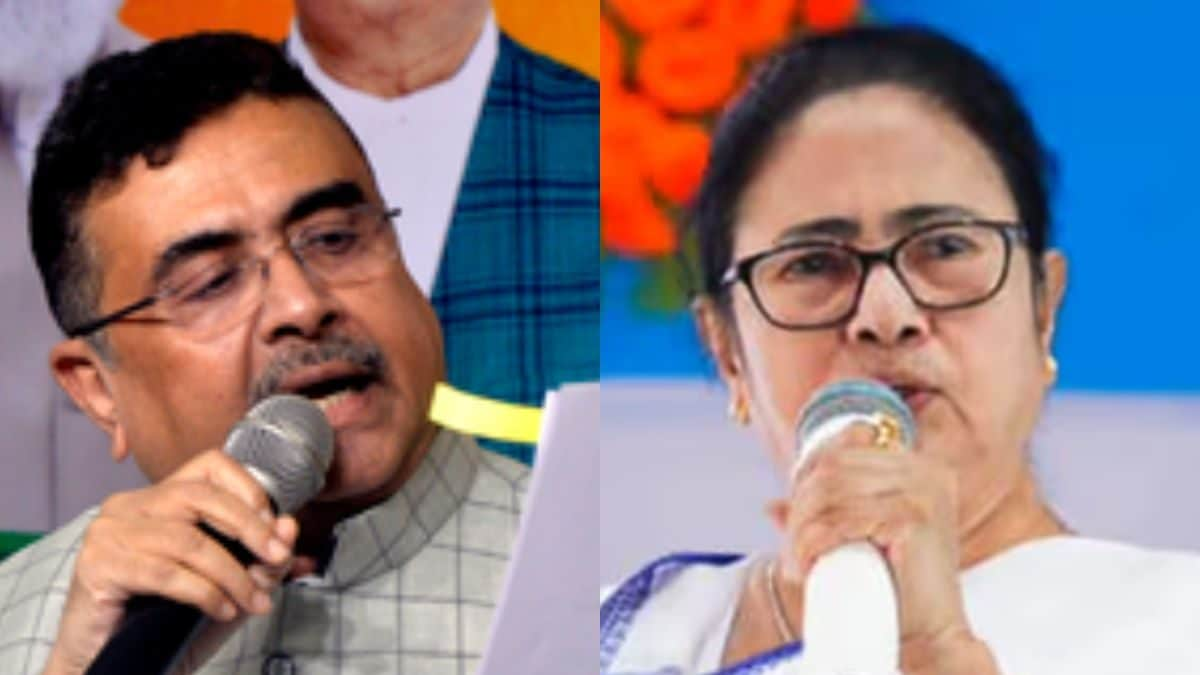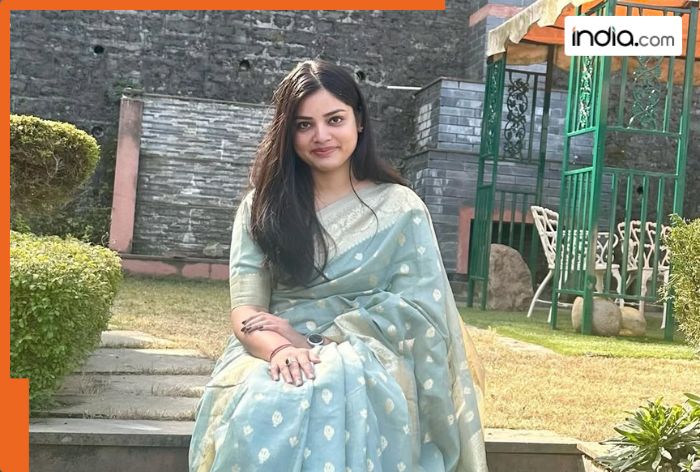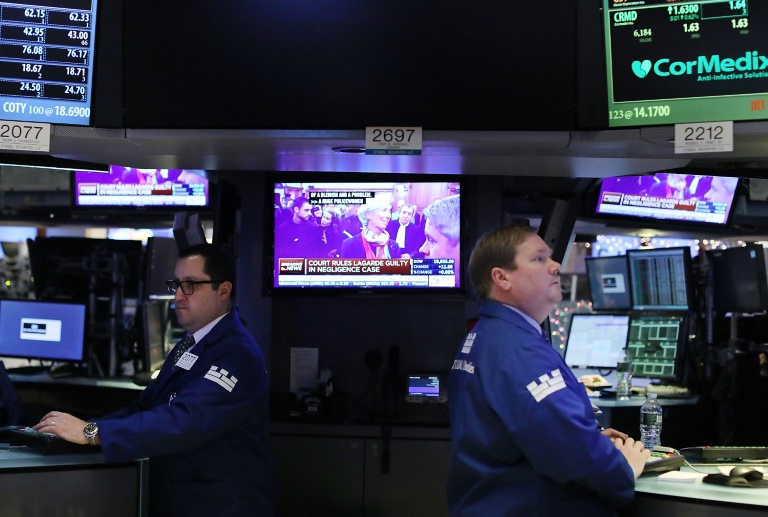“Their shamanistic performance was both modern and ancient; it was such a deep and powerful experience,” Kung says. “This year, we have our first Noise Fest, which will be the perfect event to have Senyawa perform.”
Senyawa, meaning “compound” in Indonesian, was formed by Rully and Wukir after meeting at an improvisation session in 2010 in Yogyakarta, where they found they shared an interest in indigenous sounds.
“We started only as an experiment to see how Wukir’s instruments can be mixed with my voice and how we would improvise, but then it grew from there,” says Rully, whose background is in literature and who has no formal music education.
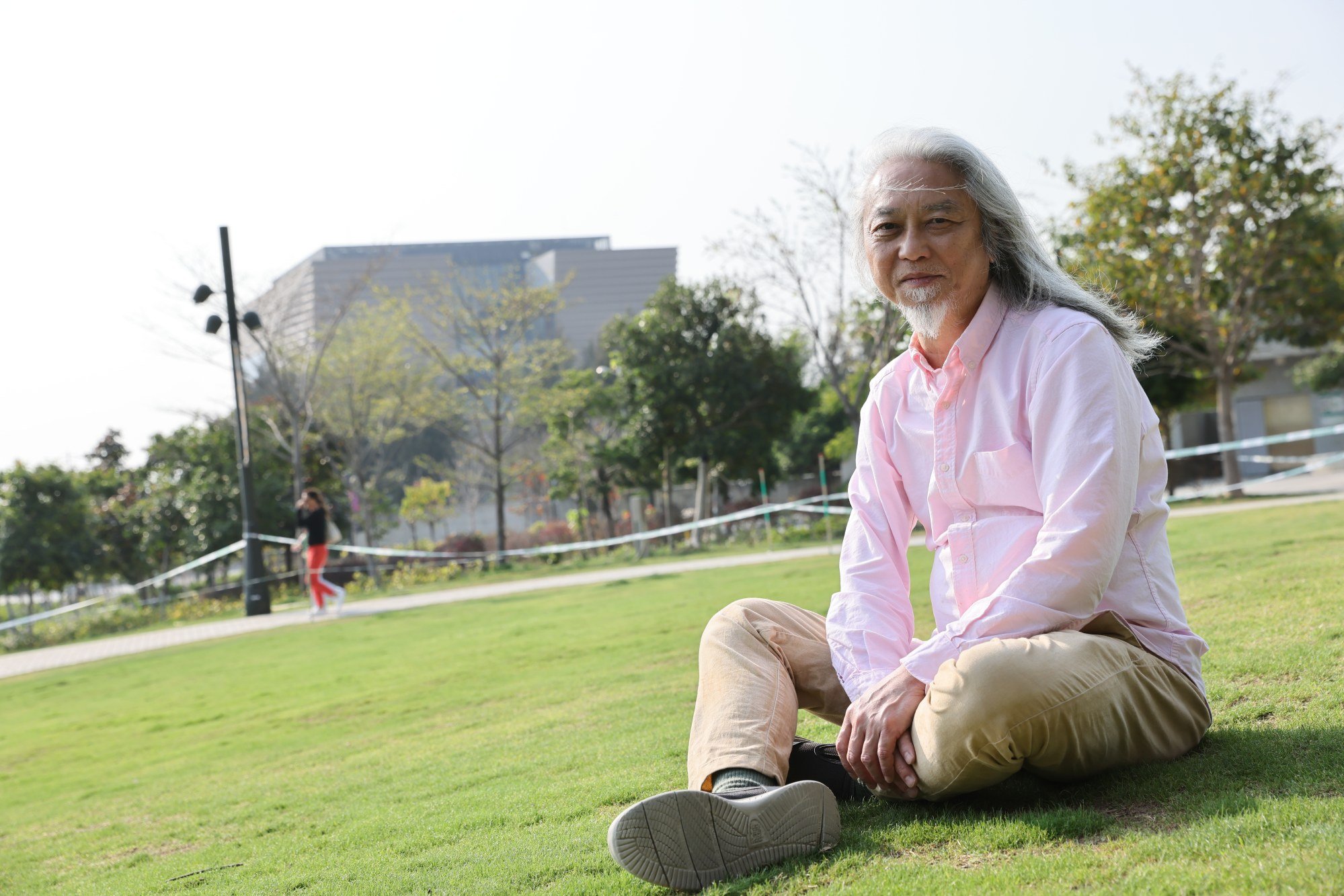
Wukir makes his own instruments. He has been crafting percussion and stringed instruments out of anything he can lay his hands on – from bamboo to abandoned farm tools – for as long as he can remember.
When the two men first met, he was the one with more experience on stage, having performed on his own and in theatre productions as well as with other bands in Jakarta and Bali.
The duo released Senyawa, an improvisational EP, just four days after the initial jamming session. Rully says that, somehow, the title of the EP, which was enthusiastically embraced by the music scene, became the duo’s name.
We hear sound every day. Every time we go to a new place, we familiarise ourselves with different sounds
As for Rully’s own unique vocals, he says he applies multiple throat-singing techniques as points of reference, but he is ultimately self-taught. “I try not to imitate how it’s supposed to be done [and instead devise] something that is comfortable for my body. It’s just manipulating air, you know?”
For their upcoming show at Hong Kong’s Freespace Noise Fest, Senyawa will play pieces from their latest six-track album, Vajranala (2024). The album’s concept derives from a text about the mythology surrounding Pawon, one of three main Buddhist temples in Indonesia’s Central Java province that was originally built in the 9th century.
“The text is divided into three main chapters with three additional chapters as conclusions to tell stories about knowledge and power,” explains Rully.
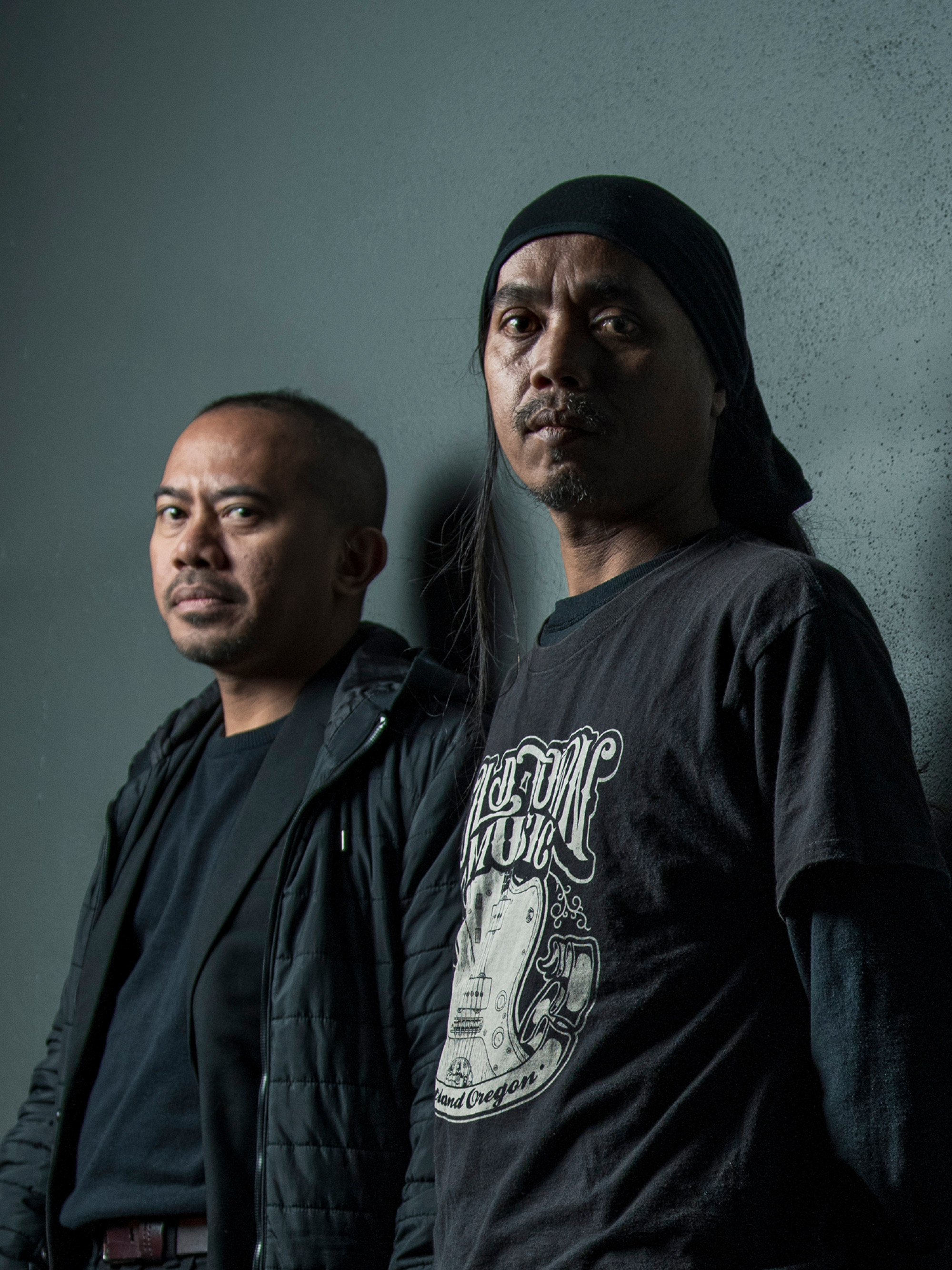
For the past few years, the band have been expanding their scope beyond sonic explorations between Wukir’s invented instruments and Rully’s guttural and growly singing, to applying themes and narratives to their work.
Vajranala, for example, dives into how the natural world has shaped modern society.
The latest project is only one part of Senyawa’s new approach; they also began a self-funded 10-year-long tour in 2020, travelling to remote islands all over the Indonesian archipelago to immerse themselves in local music and culture.
Rully considers Indonesia, the fourth-most populous country in the world, a capital of noise and experimental music, and thinks it has the most interesting and thriving scene in Southeast Asia.
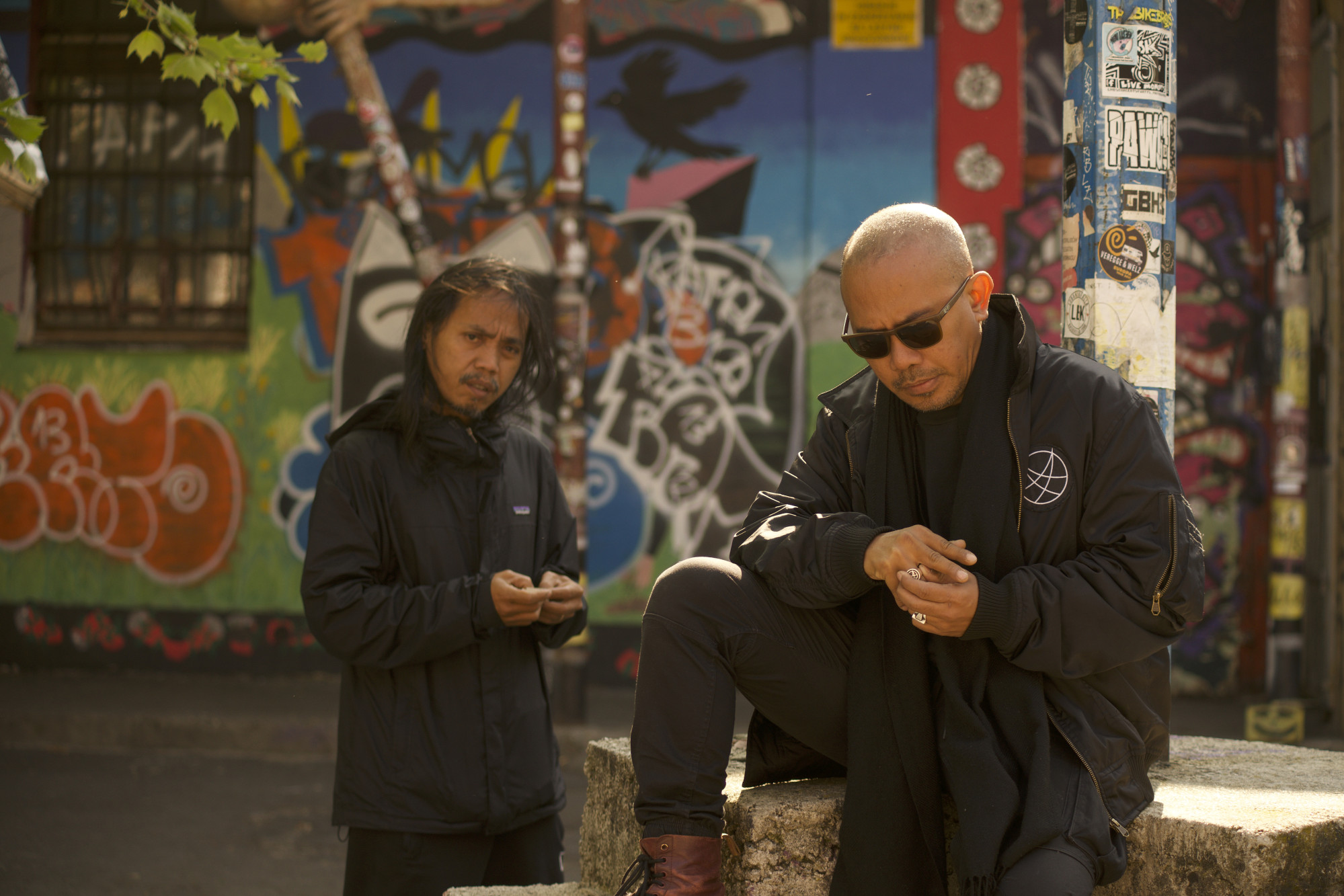
“I think it’s very important [that we do this],” he says. “A lot of bands don’t go to these [remote locations] – or if they do, it’ll be under a different agenda – but Senyawa is purely coming to play music and learn from these places.
“At the same time, we’re building organic connections and ecosystems and inspiring one another [in the underground music scene] … because it’s not through some sort of formal institution.”
While Senyawa played a different set at the Tai Kwun event back in March, which had to be more prim and proper, they hope to be able to go “a bit louder, a bit messier, a bit noisier … [across] a wider spectrum” at their upcoming Hong Kong show.
The first Freespace Noise Fest will take place from July 24 to August 6, and Senyawa make their return to West Kowloon as the headliner on the final day of the festival.
The other act of the double-bill finale is Japanese instrumentalist-composer Otomo Yoshihide, who will put on a set of raw, free improvisation on turntable guitar. The acts have collaborated before, at a recording session in Indonesia in 2019.
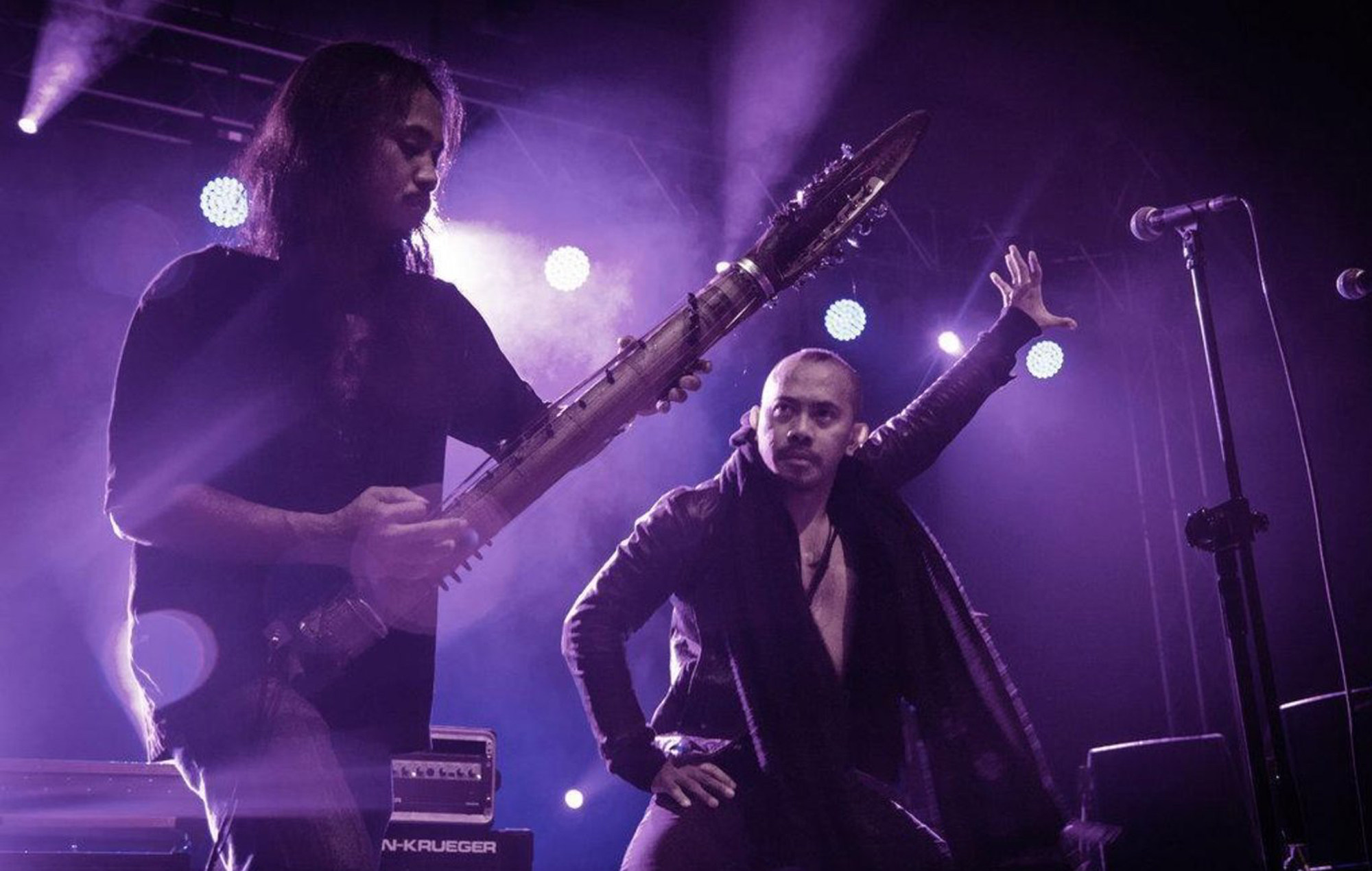
“Senyawa offers a new perspective to underground music in the East and Southeast Asia scenes,” says Kung, the festival’s co-curator. “[The Javanese band is] grounded in their cultural heritage” while “blending the Indonesian archipelago into experimental music”, he adds.
It is not just Indonesian sounds that the audience is likely to hear. Rully says he believes inspiration can come from the subconscious and from embedded memories.
“We hear sound every day. Every time we go to a new place, we familiarise ourselves with different sounds, the memory of which will come back at some point when it’s triggered; and when you play or make music, this plays a big part – the subconscious memories that have been archived in our minds.”


